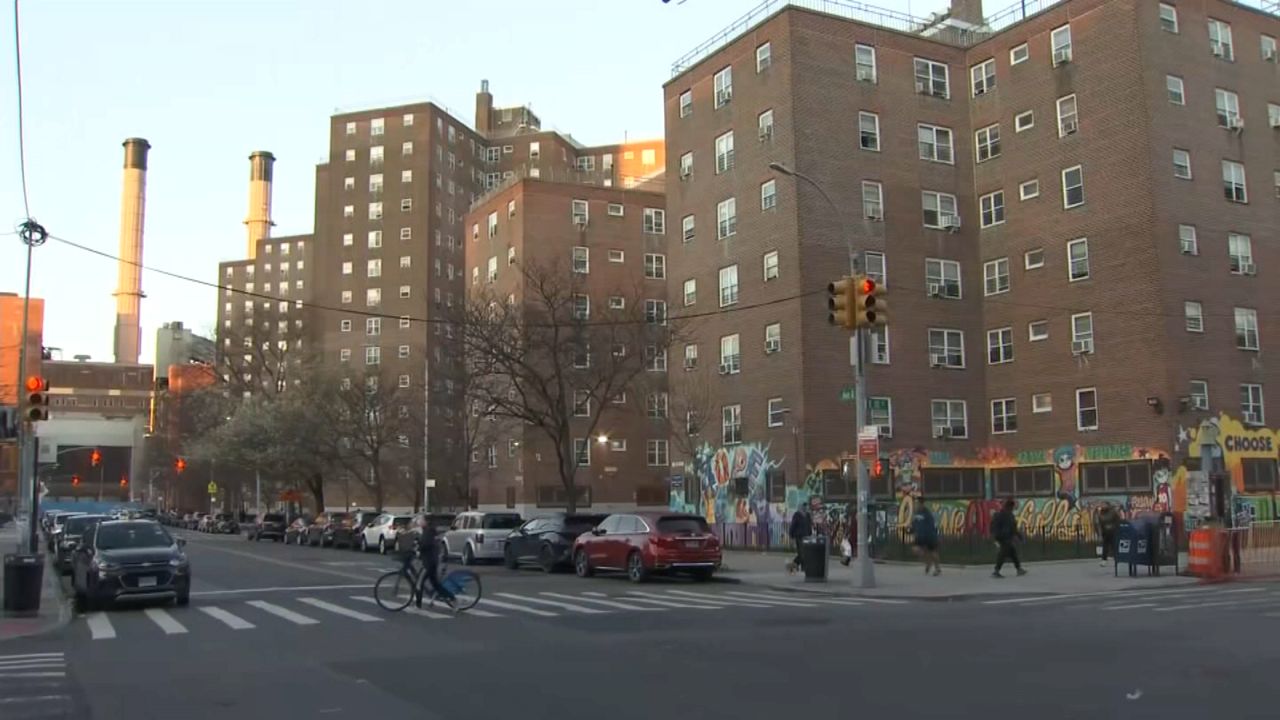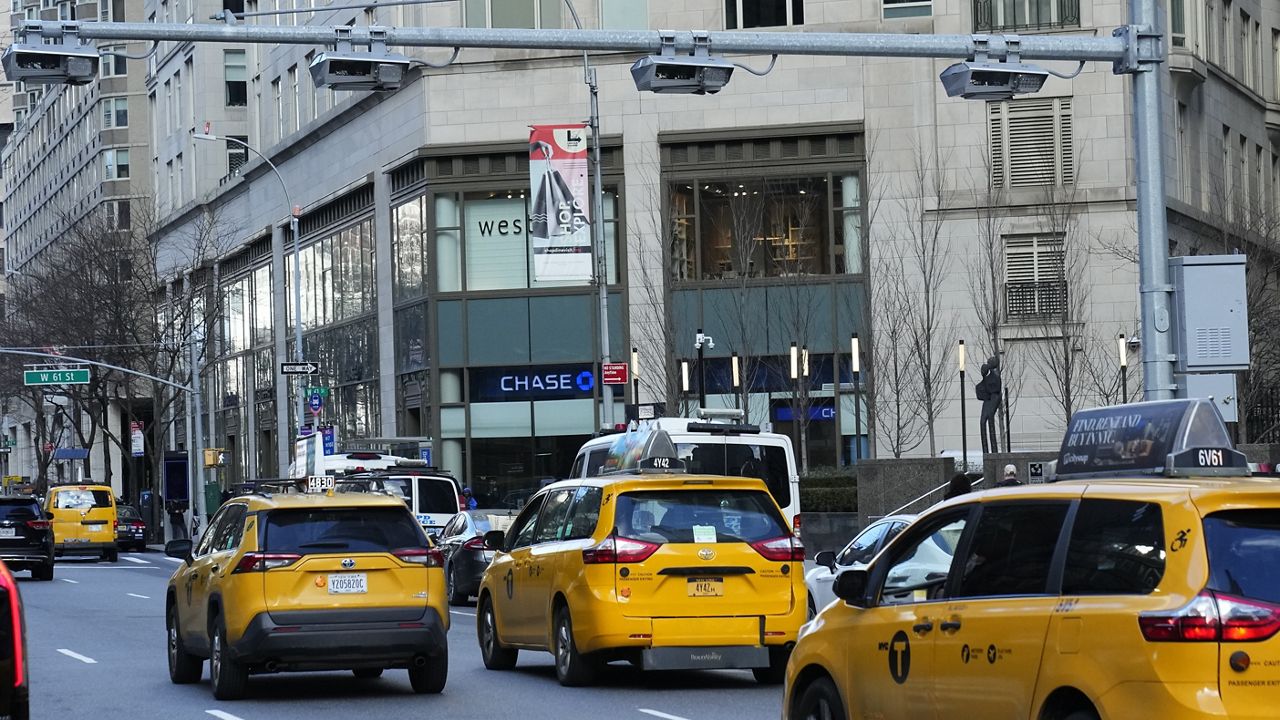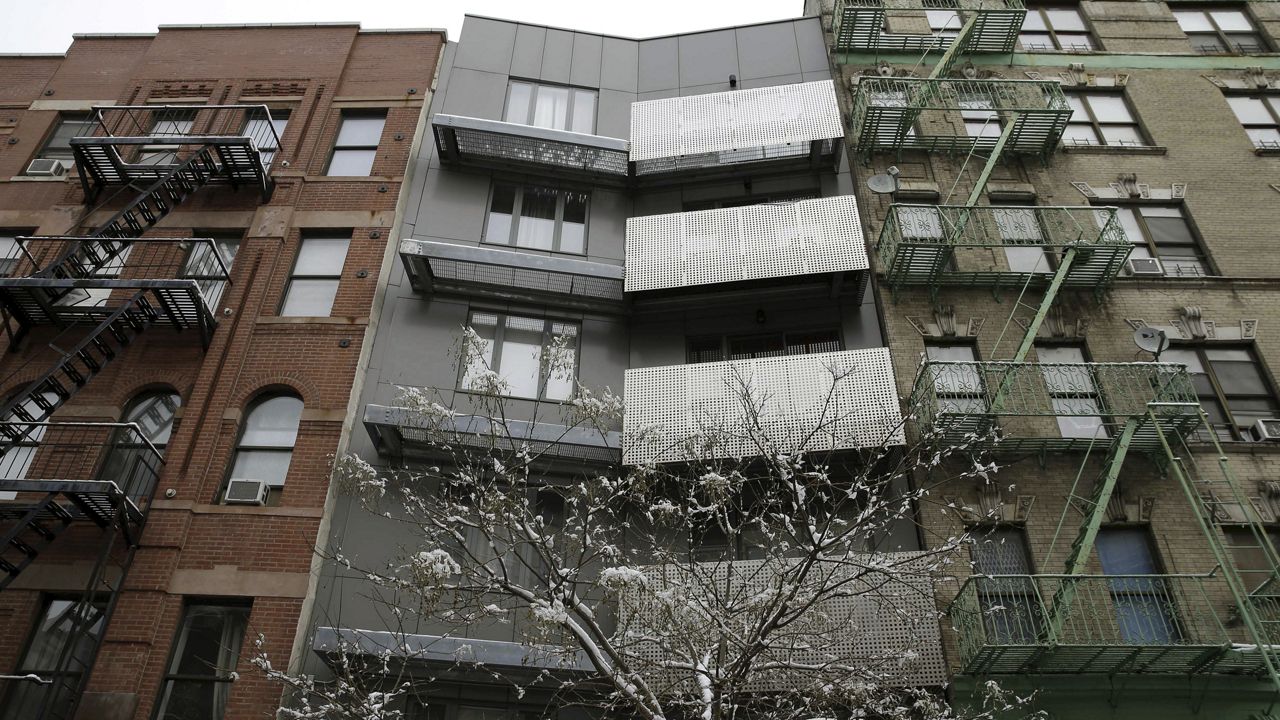As part of new guidelines that went into effect on Sunday, tenants living in rent-stabilized apartments are now at risk of a 3% increase on their next one-year lease.
In addition to the 3% increase on one-year leases, the Rent Guidelines Board voted in late June to authorize an increase that also went into effect Sunday — a 2.75% hike for the first year of a two-year lease on rent-stabilized apartments and 3.2% for the second year.
What You Need To Know
- On Sunday, new regulations took effect, allowing landlords to impose a 2.75% hike for the first year of a two-year lease on rent-stabilized apartments and 3.2% for the second year
- Landlords have complained that amount for a hike isn’t enough to cover their costs
- Some renters tell NY1 the cost of living in New York City is too high and unaffordable
Michael Tobman, the membership and communications director for the Rent Stabilization Association, represents roughly 25,000 property owners in the city.
Tobman said that while cost of living has not gone up for everyone in the city, landlords, including many who are multi-generational owners or new Americans who are getting a foothold on the American dream, are grappling with escalating expenses.
“The cost associated with running buildings has only increased exponentially while the income, which is to say rent, has increased only modestly because the rent increase system is overly politicized when it should just be data-driven,” he said.
Tobman also said even a 3% increase on a one year lease isn’t enough to help landlords cover their costs.
Ann Sherrill started her Sunday as a Chelsea resident but ended the day as a former resident.
NY1 caught her packing up for belongings into a U-Haul as she prepared for a new life upstate in Margaretville.
“Just tired of the city,” Sherrill said. “It’s too expensive. I’ll come back and visit instead. It’ll be much cheaper. I like it up there.”
Brooklyn Assemblymember Marcela Mitaynes said the housing and financial crisis has seen several low income families in her district moving from apartments of their own, to a situation where they are renting rooms.
She believes landlords of rent-stabilized apartments should show compassion for their tenants.
“For most property owners it’s investment, and so these investments come with costs and when you invest there’s no guarantee you’re going to win. And that is capitalism,” said Mitaynes.
Hermann Vessey, 21, a Chelsea resident who works as a coffee shop barista, said if he and his mom hadn’t won a housing lottery for subsidized housing 10 years ago, there is no way he would be able to afford to live in a two bedroom apartment in the neighborhood.
“I literally won the lottery to get it, so I do feel pretty fortunate,” said Vessey.





_DNT_Homeless_Sweep_Bill_Data_CLEAN)

